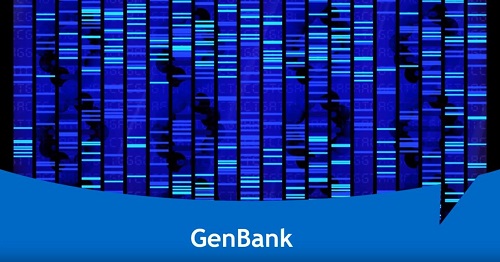Agriculture News
A Decade of Virus Hunting
- Thursday, April 2nd, 2020

WKU student researchers have contributed 59 annotated viral genomes, representing over 4 million base pairs of DNA, to the national DNA sequence database
With over a decade of virus hunting and over 360 WKU student co-authors on published genome annotations, the WKU Genome Discovery and Exploration program has been a resounding success. WKU Biology professors, Drs. Rodney King and Claire Rinehart and Biotechnology Center Coordinator Naomi Rowland have been leaders in hands-on, inquiry-based laboratory experiences that have formed the basis for transformative undergraduate science education at WKU. In 2009, Drs. King and Rinehart, introduced an innovative, nationally recognized High Impact Practice (HIP) to WKU; the Howard Hughes Medical Institutes (HHMI) Science Education Alliance, Phage Hunters Advancing Genomics and Evolutionary Science (SEA-PHAGES) program. This inquiry-based/process-oriented curriculum provides an authentic research experience to WKU students and is an outstanding example of a highly engaging HIP from which other Biology curriculum initiatives have been actively modeled. The impact of this program on science education across the nation has been well documented in several prominent journals including the Proceedings of the National Academy of Sciences. Proc Natl Acad Sci U S A. 2017 Dec 19;114(51):13531-13536. In addition, scientists have used an experimental therapy that relies on bacteriophages collected, in part, through HHMI’s SEA-PHAGES program to fight a Mycobacterium infection in a 15-year-old girl. “Engineered bacteriophages for treatment of a patient with a disseminated drug-resistant Mycobacterium abscessus” Nat Med. 2019 May;25(5):730-733. Perhaps a phage isolated and characterized by WKU students will someday be used in a similar manner.
Since the inaugural class in 2009, WKU students who have taken the Biology Department’s Genome Discovery and Exploration class (Bio212) have experienced the thrill of discovery by isolating and characterizing viruses from the environment through this hands-on, inquiry-based program that was designed to engage undergraduates in the process of doing scientific research. In addition to important lab skills, students gain direct experience with detailed record keeping, time management and data analysis. They also learn how use various Bioinformatics tools to annotate newly sequenced viral genomes (Bio312). Through their efforts in this year-long research series, WKU students have contributed new information to the scientific community in the form of annotated viral genomes published in Genbank, the national DNA sequence database. In addition, thanks to a course-based research training initiative called the Small Genome Discovery Program (2014-2019), which was supported by KBRIN (Kentucky Biomedical Research Infrastructure Network), students across the state were also able to learn these skills and contribute an additional 28 genome annotations to Genbank from 226 student co-authors. The SEA-PHAGES program has had a significant impact on WKU students and we are pleased to share the success of this innovative program with the WKU community. Amanda Staples and Bobby Gaffney, who were hired through the KBRIN grant, were instrumental to the success of the Genome Discovery and Exploration course and the statewide Small Genome Discovery Program.
For more information contact Dr. Rodney King (270) 745-6910, rodney.king@wku.edu or Dr. Claire Rinehart (270-745-6892), claire.rinehart@wku.edu
Some of the links on this page may require additional software to view.

